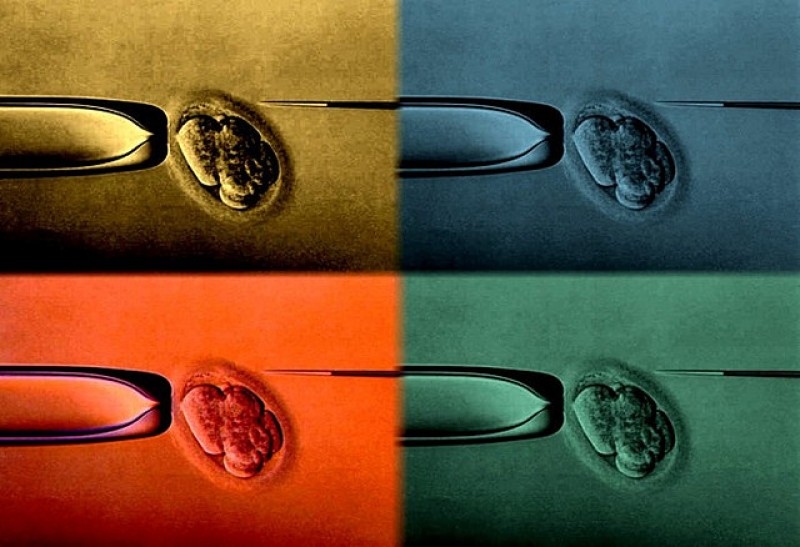Press Release No. 12/08
27 April 2012
Outcome of the Human Enhancement consultation, Brussels, 25-27 April
From 25-27 April 2012, around 50 representatives mainly from European churches but also from other religions and the fields of politics, ethics, and science, met in Brussels to discuss the subject of human enhancement. The conference was organized by the Church and Society Commission (CSC) of the Conference of European Churches (CEC), a platform in which a range of Christian denominations in Europe work together. A common workshop with STOA at the European Parliament, brought together around one hundred participants.
For Christians, human enhancement is situated between two poles: on the one hand, freedom in the Christian sense, on the other hand, dependence on God and the gift of life.
In a Christian understanding, freedom is related to love for God and for one’s neighbour. This gives us the responsibility to see that our use of freedom expresses our respect and compassion for ourselves and the neighbour as created in the image of God.
Freedom can be perverted into forms of despair, i.e. people do not accept themselves as they are. However, some forms of enhancement might be seen as expressions of Christian freedom.
The main guiding criterion is whether human enhancement genuinely, on the long term, would promote life as creatures of God, or would entail unacceptable risks for and threats to individuals, humanity as a whole, both in present and future generations, and the environment.
In our discussions we highlighted the following issues amongst many:
• The transhumanist agenda seems to us illusory and utopian. Many of so-called enhancements may be unrealistic.
• Enhancement technologies should not be considered outside of the social context in which people might feel under pressure to pursue them.
• Commercial pressures lead to developments both in medicine and, potentially, to enhancement technologies, without respect of the main principles of bioethics.
• Time is needed to understand the long term effects of any interventions, e.g. deep brain stimulation. Many examples from medical history demonstrate the importance of prudence.
We urge the churches of Europe to undertake and extend their work in this field, including neuro-enhancement, the psycho-social context of enhancement, the tendency to reduce the human condition to a medical or technological problem. Enhancement is too vague of a concept and we should focus more on particular cases.
*****************
The Conference of European Churches (CEC) is a fellowship of some 120 Orthodox, Protestant, Anglican and Old Catholic Churches from all countries of Europe, plus 40 associated organisations. CEC was founded in 1959. It has offices in Geneva, Brussels and Strasbourg.
The Church and Society Commission of CEC links member churches and associated organisations of CEC with the European Union’s institutions, the Council of Europe, the OSCE, NATO and the UN (on European matters). Its task is to help the churches study church and society questions from a theological and social-ethical perspective, especially those with a European dimension, and to represent common positions of the member churches in their relations with political institutions working in Europe.
More information may be obtained by contacting the CEC Strasbourg Office:
Church and Society Commission (CSC)
of the Conference of European Churches (CEC)
Commission Eglise et Société
Conférence des Eglises européennes
8 rue du Fossé-des-Treize
FR - 67000 STRASBOURG
T: +33 3 88 15 27 60 F : + 33 3 88 15 27 61
Email: csc@cec-kek.fr
